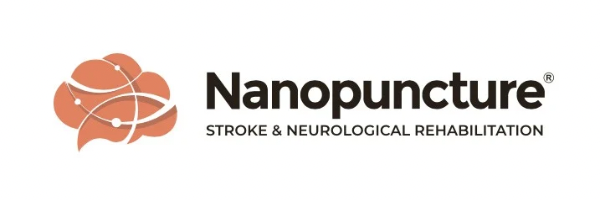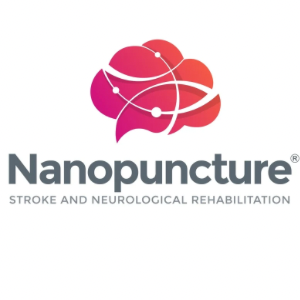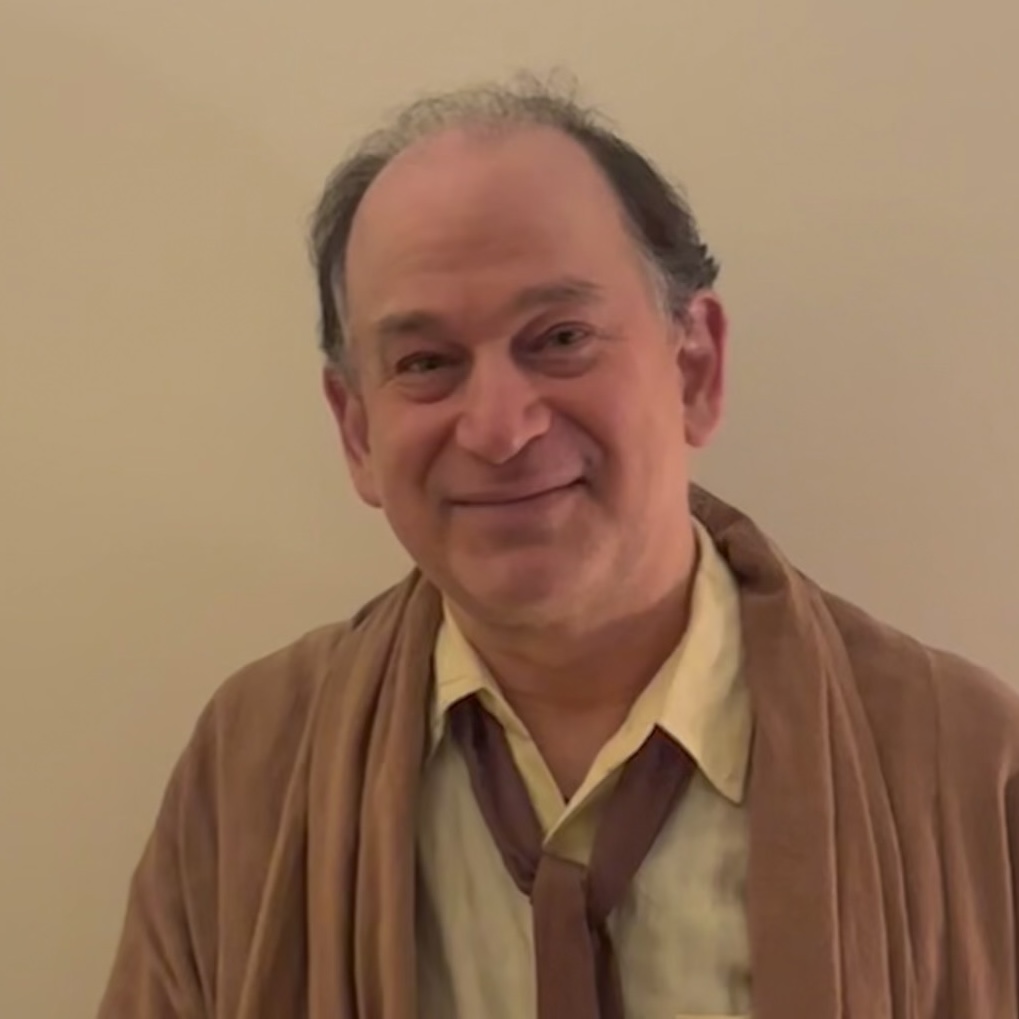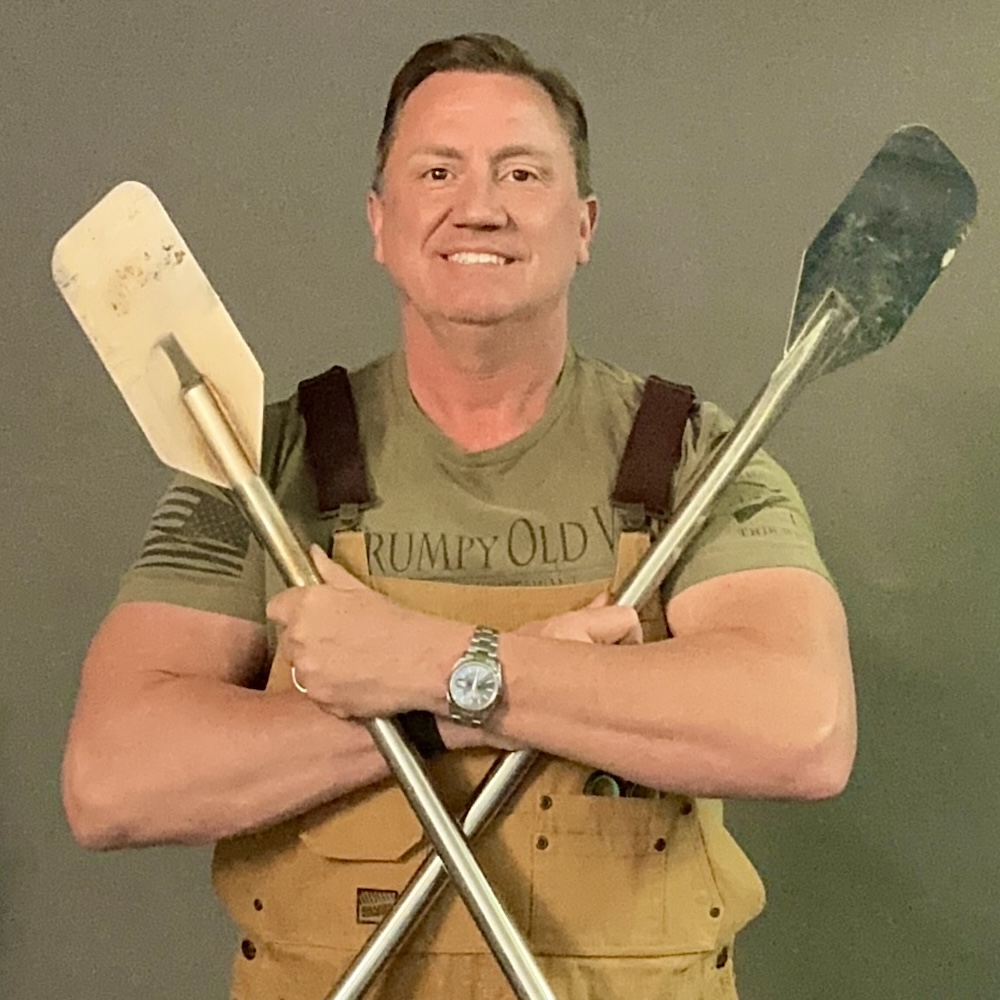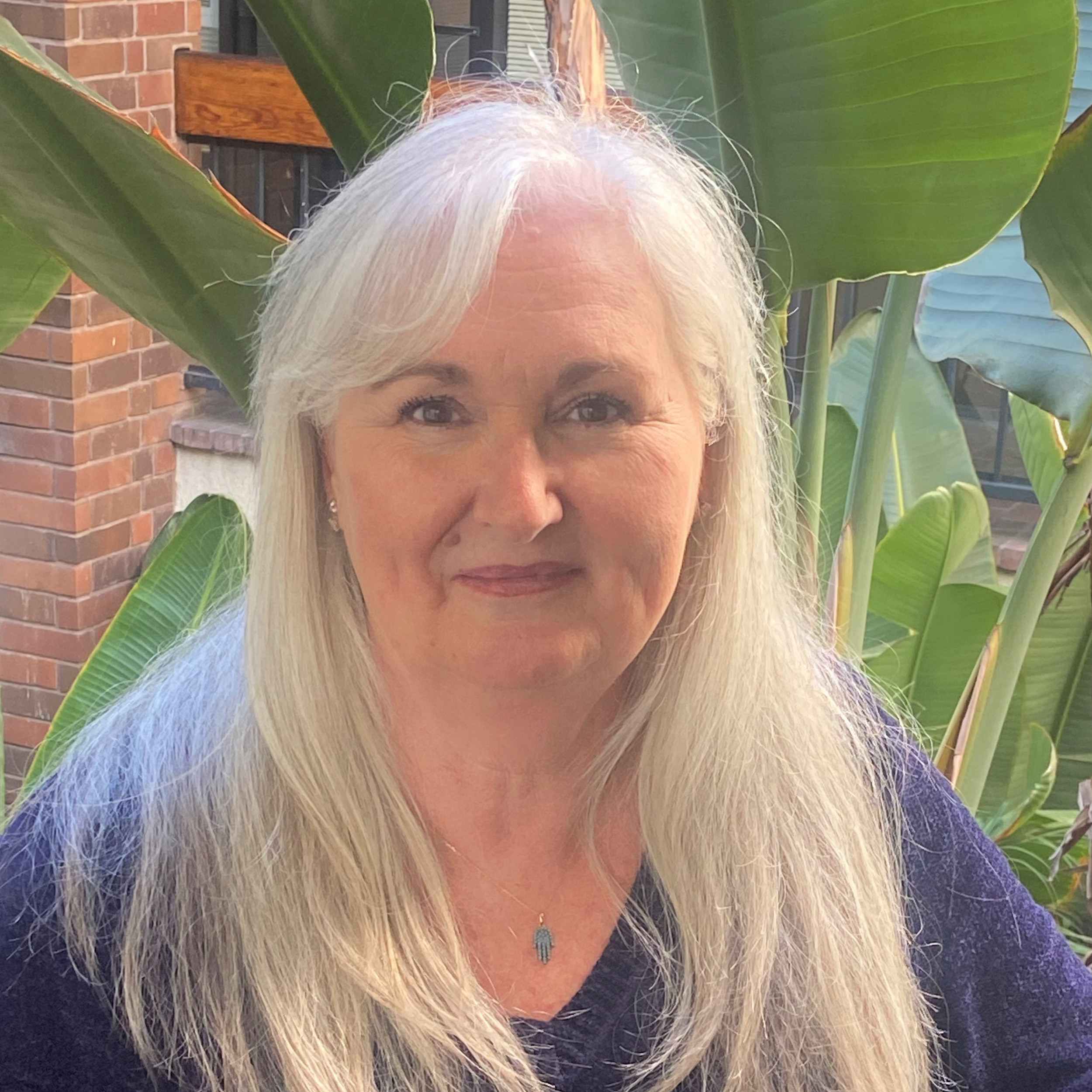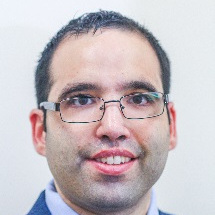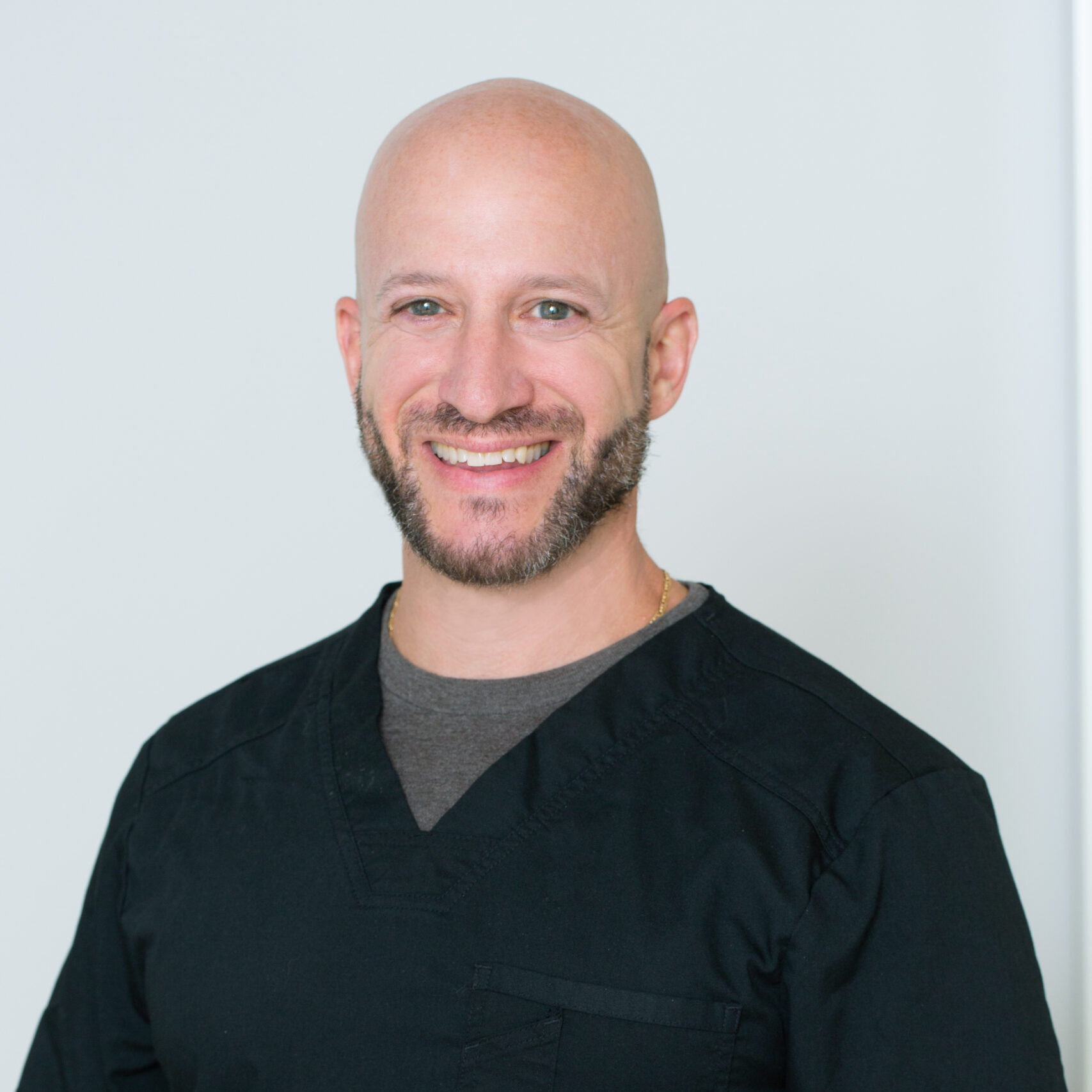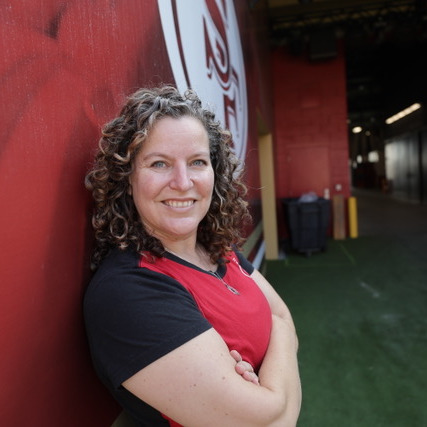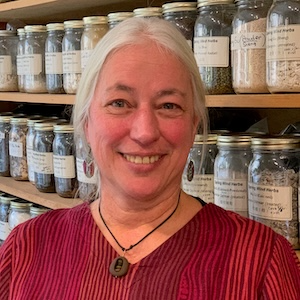How we are with ourselves affects how we are with patients. Our own difficulties in life can assist us in helping others, but it requires that we are able to come to a sense of neutrality with those traumas of the past.
In this conversation with Seanna Sifflet we discuss using our own feelings, the healing potentials in empathy and forgiveness, and the importance of overcoming our own biases.
Listen into this discussion on the importance of of managing our own nervous systems and cultivating the capacity to remain present and neutral when patients bring forth emotional material that rhythms with our own experience.
In This Conversation We Discuss:
- Finding calm in the moment is essential to problem solving
- The importance of managing our own nervous systems and anxiety
- Acupuncturists also deal with transference
- Untangling our sense of worthiness from always knowing what to do
- Considering empowerment and agency
- Leaning into love, forgiveness and learning
- The boundaries between acupuncture and therapy
- Knowing to, and not to, self-disclose with our patients
- The power of the question, “How are you feeling in this moment?”
- The healing potentials in empathy, capacity and forgiveness
- Overcoming our biases
I like to offer this idea of Compassionate Recovery when the provider has made a mistake in the therapeutic relationship and/or when there are challenges within the therapeutic connection.This type of recovery helps the provider to come back to their profession and work with a sense of worthiness. (see details in resources below)
 I am an acupuncturist, educator and former social worker who focuses on compassionate- based communication and connection in the therapeutic relationship. I hold two Master’s degrees in Social Work (MSW) and Chinese Medicine (MSTOM) and have over 20 years experience working within both of these fields.
I am an acupuncturist, educator and former social worker who focuses on compassionate- based communication and connection in the therapeutic relationship. I hold two Master’s degrees in Social Work (MSW) and Chinese Medicine (MSTOM) and have over 20 years experience working within both of these fields.
I deeply enjoy helping people in the healthcare field navigate the various dynamics within the therapeutic relationship. I believe that through practicing self-compassion and compassion towards others, you will improve therapeutic outcomes. Personally, I would describe myself as being light hearted and a big laugher
Links and Resources
Visit Seanna at www.seannasifflet.com
Instagram @seannalacmsw
Compassionate Recovery:
- Bring awareness of how you are feeling and feel the feelings (when you are able to in a safe and comfortable space). This will help with calming the provider's central nervous system to help with clarity of how to move forward.
- These experiences can often feel overwhelming, calling in resources or supportive people can help to normalize the feelings around the experience.
- Make amends when needed. If the provider makes a mistake, apologize and then set the intention to learn and grow from them.

